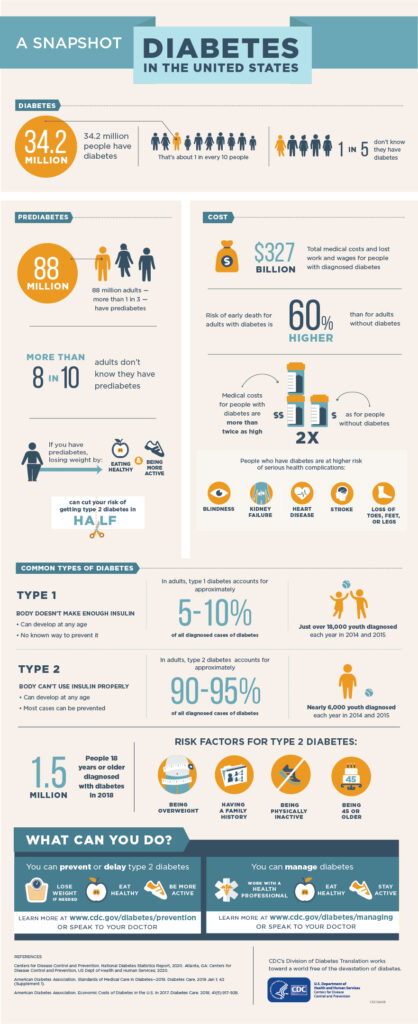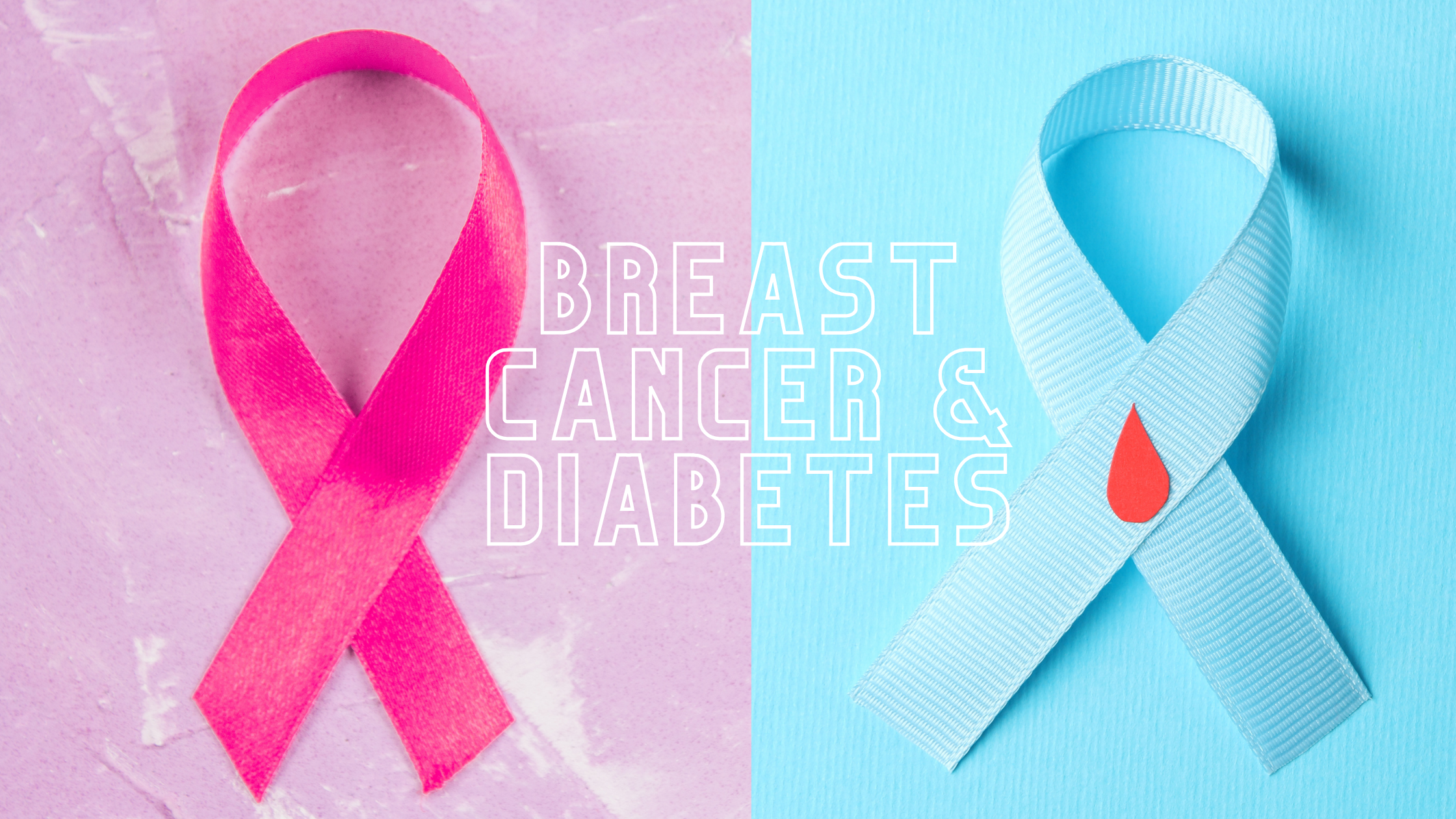ACCEL researcher investigating diabetes management as women undergo breast cancer treatment.
After hearing from many of her patients about the difficulties with managing their Type II diabetes during breast cancer treatment or seeing her patients hospitalized for diabetes-related reasons while undergoing cancer treatment, Shannon Virtue, PsyD, decided it was a topic of further research.
Dr. Virtue is a licensed clinical psychologist at ChristianaCare’s Helen F. Graham Cancer Center and Research Institute, where focuses on psycho-oncology. In 2021, Virtue received a Delaware Clinical and Translational Research (DE-CTR) ACCEL Program Pilot Project funding award to obtain data and information about diabetes management as women prepare for and undergo breast cancer treatment.
From Dr. Virtue’s psychology and behavioral science perspective, she said, the problem is that it may be assumed that while a patient is undergoing cancer treatment, the patient won’t be worrying about diabetes management until the treatment is over.
“I want to get more information while they’re going through it – what is it like?” Virtue wondered. “As part of the bigger picture, I want to understand what they are doing and what ways we can better support their diabetes management in conjunction with the breast cancer.”
While the project is mostly patient driven, she said, it’s also a natural intersection between her clinical experiences and interests as she is a clinical psychologist in a cancer center and has previously worked with patients who have diabetes.
The research project consists of 2 aspects: 1) a self-report survey, and 2) a semi-structured interview.
Currently, Dr. Virtue is in the recruitment phase and will soon begin periodically surveying those women who have Type II diabetes and a breast cancer diagnosis. The survey will cover topics including how often the patient is monitoring blood glucose levels, what medications the patient is taking and how often, and whether the patient is exercising regularly.
The structured interviews, Dr. Virtue said, are intended to learn more from the patients about what they perceive as some of the challenges to their diabetes management when undergoing breast cancer treatment – what went well, what didn’t go well, what were some challenges.
“It will pick up on things that didn’t get picked up on the survey and delve more into nuanced things that we want to understand” like nutrition and medication interaction. “We’re trying to see if there are factors that we can identify that might make a woman more at risk to have poor diabetes management.”
Not being an academic researcher, Dr. Virtue sought the aid of a Mentored Research Development Award (MRDA) from the DE-CTR ACCEL Program to learn, develop and improve a grant proposal for this project. In 2019, Dr. Virtue received the funding under the MRDA and was paired with ACCEL mentor, Allison Karpyn, Senior Associate Director with the Center for Research in Education and Social Policy at the University of Delaware.
“She was helpful for me with the grant writing process and the feedback with community-engaged research,” Dr. Virtue said of Karpyn. “She’s been awesome!”
In addition to the mentoring support provided by the MRDA, Dr. Virtue said it allowed her the time to fine-tune and improve on what her initial idea had been to so she could apply for pilot funding with a stronger grant application.
“ACCEL has been great,” she said, adding, I would recommend the MRDA particularly to folks like me – I’m a clinician so I’m not in academia so I have all these other clinical demands and I’m very interested in research – so the MRDA was a great way to give me some time and space to fine-tune things but also in a mentored way, which was tremendously helpful.”
Also on the Pilot Project with Dr. Virtue are James Lenhard, MD, an endocrinologist with ChristianaCare, and research coordinator, Jessica Deutel, a research technician at the Helen F. Graham Cancer Center and Research Institute.
To further her research, Dr. Virtue will use the data she’s collected with ACCEL’s pilot funding to support a proposal for a larger grant to increase, and thus diversify, her participant sample, extend the surveying time, and expand the data collection. She hopes the additional patient-driven data will provide insight into these patients’ unique circumstances and needs regarding diabetes management following cancer diagnosis.
“My hope, if we can get more data, is turning this research into a program,” Dr. Virtue said. “From my perspective, it’s not me sitting in an office being like, ‘You know what I think would be helpful for women with diabetes and cancer…’ – I want to hear from them. That’s what this pilot and a larger grant would be. Get the data, but really get their input and then thinking, ‘What can we do to best support diabetes needs during the cancer needs?’”
Dr. Virtue explained she has no preconceived notions of what form the program will take (i.e., a support group, policy implementation, or medical intervention), but, based on her early research, she thinks it may include a multi-disciplinary resource center covering psychology, nutrition, oncology, endocrinology, and primary care, as well as community resources and ensuring access to care and resources.

